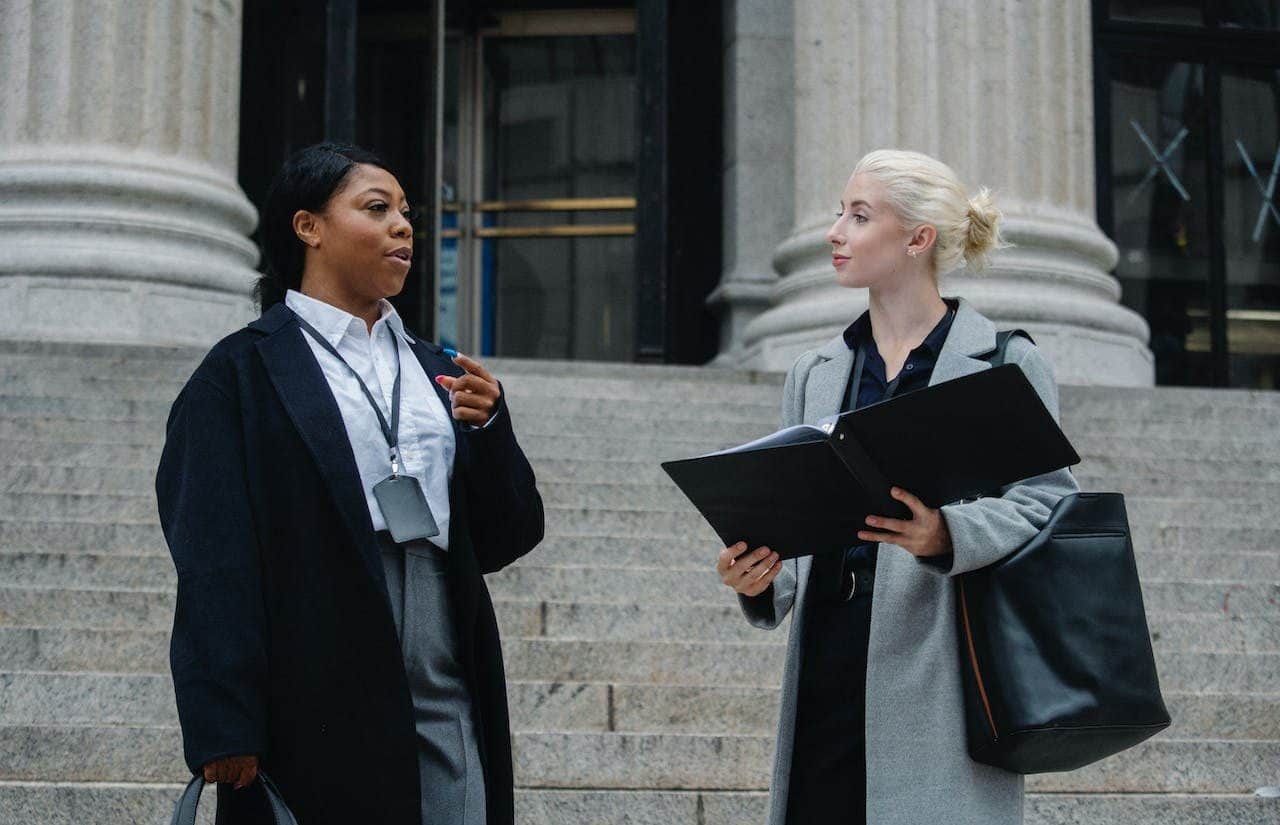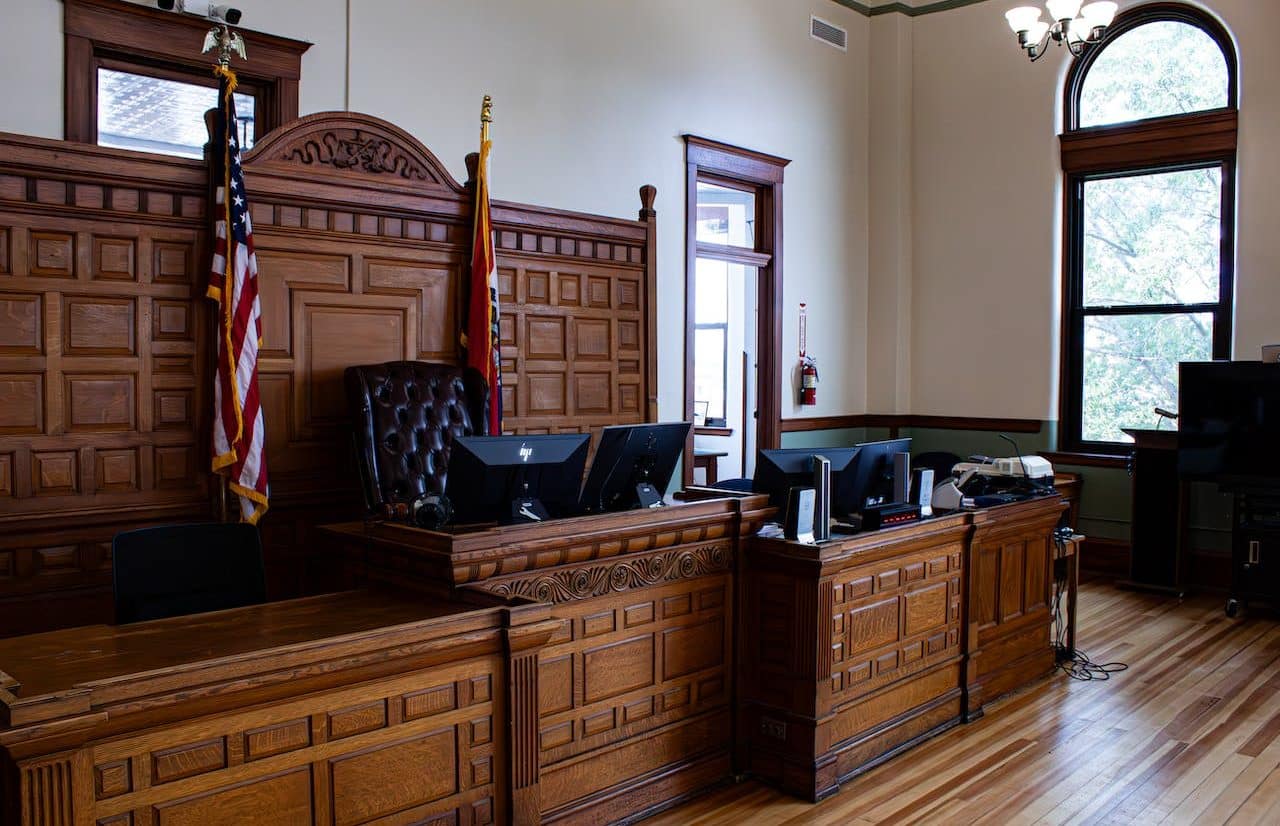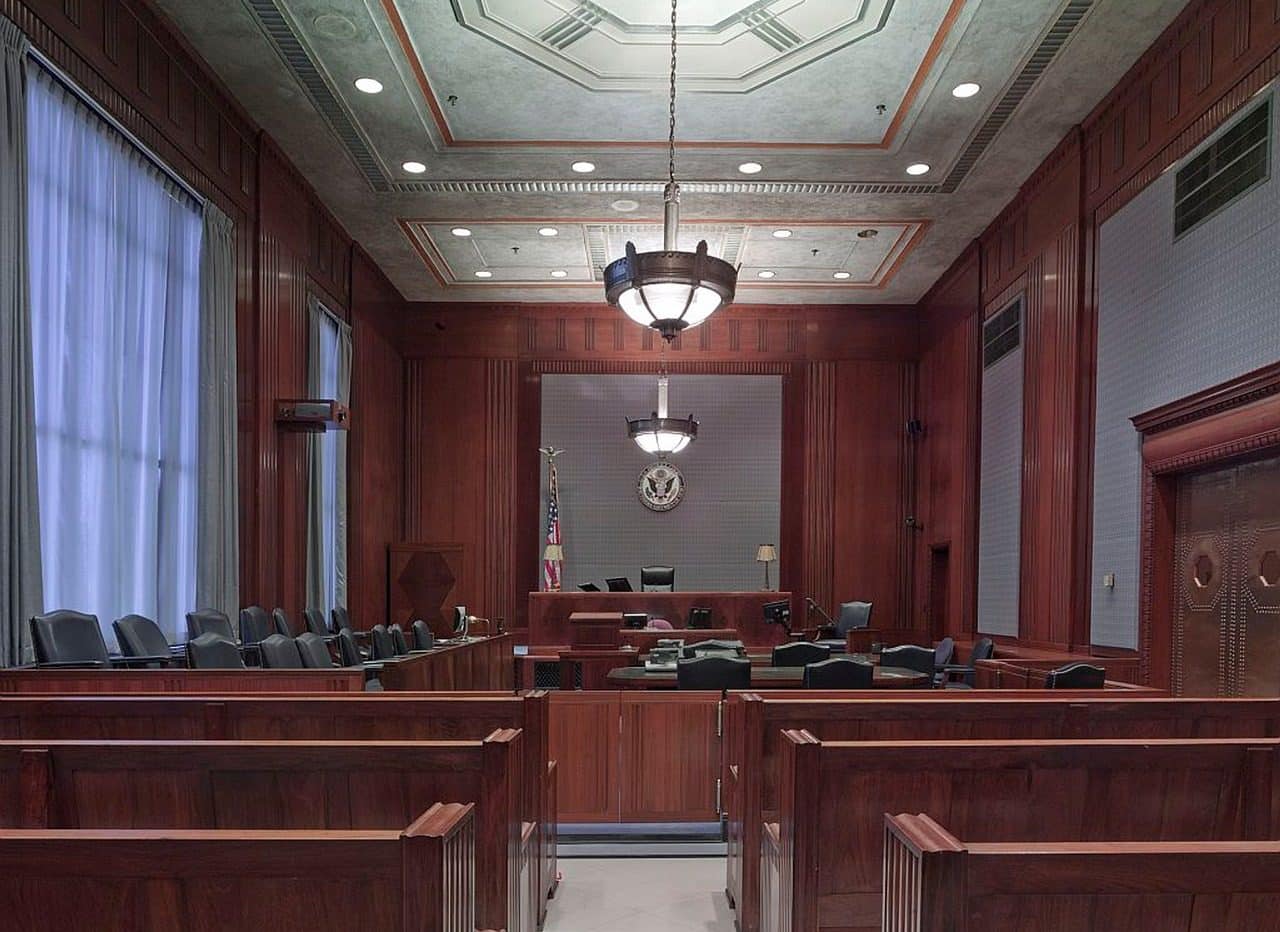
The jury is a group of people who decide impartially and objectively in a trial.
The term jury refers to a group of people selected from the community to fulfill the function of making impartial and objective decisions in a judicial process. These people, known as jurors, actively participate in trials and hearings, where they listen to evidence presented by both sides and ultimately render a verdict or decision on the guilt or innocence of the accused .
The importance of the jury in the judicial system lies in its fundamental role in ensuring a fair and equitable trial . The jury is made up of ordinary citizens who represent the diversity of society, and their participation helps prevent possible prejudices and biases within the legal process. The presence of the jury contributes to the transparency and legitimacy of the judicial system, by allowing decisions to be made not only by legal professionals, but also by people from the community who provide a broader perspective.
Additionally, the jury acts as a counterweight to the authority of the judge and the parties involved in the case, providing a democratic voice in the determination of truth and justice. Their role is essential in ensuring that judicial decisions reflect the values and norms of the society in which the trial takes place. In many legal systems, the jury plays a crucial role in protecting individual rights and promoting fairness in the legal process.
Origins and evolution
The jury has a rich history dating back to ancient times, and its evolution has been influenced by various cultures and legal systems over time. In ancient Athens , a system known as "dikasteria" was practiced. Citizens were selected by lottery to be part of a jury that decided on civil and criminal cases. In Rome, the judicial system also involved juries, especially in cases of serious crimes .
During the Middle Ages in England, the jury evolved into a system where local citizens were called upon to provide information about the facts of the case. These early juries played an important role in the formation of the English judicial system, which in turn was instrumental in the emergence of the jury in the Common Law tradition. In the 12th century, under the reign of Henry II, the use of the jury in criminal proceedings was consolidated.
The idea of the jury was brought to America by the British colonists. Section 2 of Article III of the United States Constitution establishes the right to a jury trial in criminal cases. Throughout the country's history, the jury system has been refined and adjusted, becoming an important pillar of the legal system.

The origin of the jury dates back to ancient times.
Guys
The grand jury is a body of people selected to evaluate and judge the conduct of certain public officials, especially those who hold high-ranking positions. Its main purpose is to determine if an official has incurred actions that justify his dismissal or disciplinary sanctions. It is commonly used in the context of political trials or disciplinary proceedings against judges, prosecutors , or other government officials.
The grand jury is composed of specifically selected members, often including legislators and citizens , depending on local laws and regulations. It generally follows a set of specific legal and political procedures, which may vary depending on the jurisdiction and the nature of the prosecution process.
A grand jury is a group of citizens convened to review evidence presented by the prosecution or prosecutor in a criminal case. Its main goal is to decide if there is enough evidence to file formal charges against a person accused of committing a crime, by reviewing the evidence. It plays a crucial role in the legal system to ensure that there is a substantial basis for conducting a criminal trial.
Generally, a grand jury consists of a larger group of people randomly selected from the local population, between 16 and 23 members . It operates more independently than a grand jury and generally follows more informal procedures. It does not decide guilt or innocence , but rather whether there is enough evidence to proceed with a trial.

It is possible to distinguish between the grand jury and the grand jury.
Roles and responsibilities
Throughout the entire judicial process, the jury must fulfill a series of functions and assume certain responsibilities in an immovable manner so that its work conforms to the requirements of the law. For example, jurors must be impartial and not be biased toward any of the parties involved in the case . During the selection process we seek to ensure that they can objectively judge the facts presented in court.
The jury hears testimony from witnesses and any statements from parties involved in the case. Then evaluate your credibility and the evidence presented during the trial. It is also responsible for the admission of evidence , deciding which of it is relevant to the trial; Your responsibility is to discern between facts and speculation, admitting only legitimate and relevant evidence.
After both parties have presented their arguments and the evidence has been closed, the jury retires to deliberate on the guilt or innocence of the accused . To do this, they analyze the cause and motive behind your actions, and determine if the evidence presented is sufficient to prove your guilt beyond a reasonable doubt. During this process, members discuss the facts of the case and apply the law to reach a decision.
After deliberation , the jury issues the verdict , a final decision that affects the fate of the accused . If the jury finds you guilty, the court proceeds to the sentencing phase, where the penalty is determined. In the event of a verdict of not guilty, the defendant is acquitted of the charges and no conviction is issued.
The jury's decision is presented to the court , which concludes the legal process by issuing the corresponding sentence . The court has the responsibility to ensure that the process has been carried out fairly and in accordance with the law.
In summary, the duties and responsibilities of the jury include hearing testimony, evaluating evidence, deliberating impartially, and rendering a verdict that may lead to the acquittal or conviction of the defendant. Their role is essential for the functioning of the legal system and the administration of justice .
